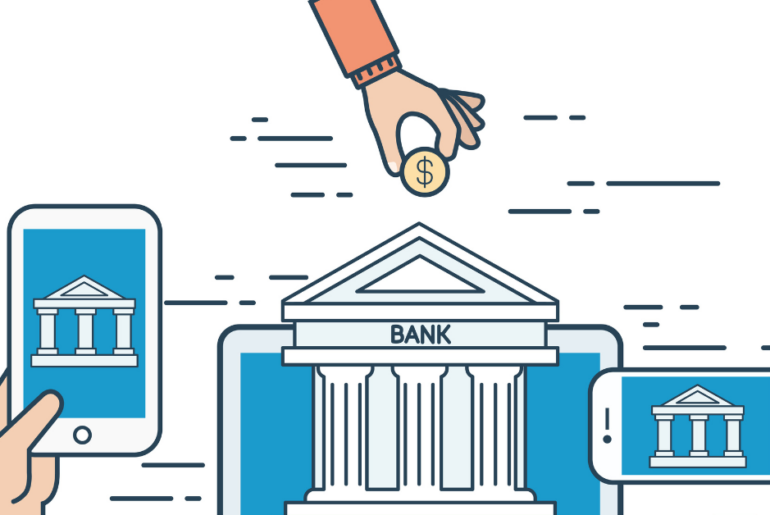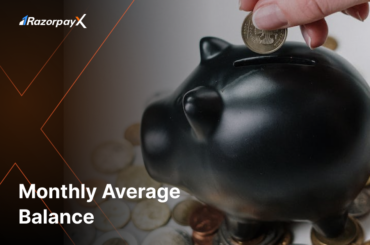A business line of credit is a flexible financing option that allows businesses to access funds up to a predetermined credit limit. It is similar to a credit card, but with a much higher credit limit and typically lower interest rates.
The business can draw funds from the line of credit as needed and only pay interest on the amount that is withdrawn. Once the borrowed funds are repaid, the credit line is replenished, and the business can continue to access funds as required.
This type of financing is particularly useful for businesses with variable cash flow or seasonal sales patterns, as it provides them with a cushion of funds that can be accessed as needed. A business line of credit is usually unsecured, which means that collateral is not required to secure the loan.
However, the interest rates and credit limit are often determined by the borrower’s creditworthiness and financial history.
Types of business line of credit
There are different types of business lines of credit, including:
- Revolving lines of credit: This is the most common type of business line of credit. It allows the business to draw funds up to a predetermined limit and repay the borrowed funds over time. Once the borrowed funds are repaid, the credit line is replenished, and the business can continue to access funds as needed.
- Secured lines of credit: These types of credit lines require the borrower to provide collateral to secure the loan. Collateral can include real estate, inventory, or equipment. The amount of the credit line is typically determined by the value of the collateral.
- Unsecured lines of credit: These lines of credit do not require collateral. They are typically offered to businesses with a strong credit history and financial standing.
- Short-term lines of credit: These credit lines are designed to be repaid within a few months to a year. They are typically used to cover short-term cash flow needs.
- Long-term lines of credit: These credit lines have a longer repayment term, typically up to five years. They are used for larger projects or investments that require a longer repayment term.
- Invoice financing lines of credit: These credit lines allow businesses to borrow against their outstanding invoices. The lender advances funds to the business based on the value of the outstanding invoices, and the business repays the loan once the invoices are paid.
- Equity Funding: Some of the leading start-up businesses around the world often rely on equity funding. This type of credit is offered by investors against the company selling off its ownership shares to these lenders.
How can a business line of credit benefit be beneficial
A business line of credit can be an essential tool for many businesses. Here are some ways it can benefit your business:
- Flexibility: A business line of credit provides you with a flexible financing option. You can use the credit line as needed, and you only pay interest on the funds you withdraw. This means you can access funds quickly and easily, without having to go through a lengthy application process every time you need to borrow money.
- Cash flow management: A business line of credit can help you manage your cash flow. You can use it to cover unexpected expenses or to bridge the gap between invoicing and payment. This can be particularly useful for businesses with seasonal sales patterns or irregular cash flow.
- Growth opportunities: A business line of credit can provide you with the funding you need to take advantage of growth opportunities. For example, if you need to purchase new equipment or inventory, you can use the credit line to finance these investments.
Emergency funds: A business line of credit can provide you with emergency funds in case of unexpected events such as natural disasters, supply chain disruptions, or unexpected expenses. - Credit building: If you use your business line of credit responsibly and make timely payments, it can help you build your credit score. This can be particularly useful if you plan to apply for other types of financing in the future.
Cons of a business line of credit:
- High-interest rates: Business lines of credit typically have higher interest rates than other types of financing, such as term loans. This means you could end up paying more in interest over time.
- Fees: Business lines of credit may come with fees such as application fees, annual fees, or withdrawal fees. Make sure to read the terms and conditions carefully to understand all the fees associated with the credit line.
- Collateral: Some business lines of credit require collateral to secure the loan. This means you could risk losing your collateral if you are unable to repay the loan.
- Credit score requirements: Business lines of credit typically require a good credit score to qualify. If you have a poor credit score, you may not be eligible for a business line of credit.
- Lengthy application process: Obtaining a business line of credit from a major bank can be a complex and slow process. It usually involves providing the lender with detailed financial statements, revenue reports, tax returns, personal credit history, and personal information.
- Add up fee: Withdrawing and maintaining fees associated with a business line of credit loan can quickly accumulate. Negotiating a low-interest rate that accounts for these fees can help you reduce their impact, but you should still be aware of them and try to avoid them whenever possible.
- Debt accumulation: You could find yourself in a debt spiral, where one missed payment can lead to larger payments in the future due to interest compounding on the new principal amount. It is important to be honest with yourself about how much debt you can manage and how you plan to repay it before taking on any new loans to avoid this situation.
An alternative – Razorpay Line of Credit
Razorpay Line of Credit is a type of business loan offered by Razorpay, a neo-banking platform in India, to small and medium-sized enterprises (SMEs). It is a revolving credit facility that allows businesses to borrow funds as and when needed, up to a certain limit.
The borrowers only need to pay interest on the amount of funds they have withdrawn and utilised. Razorpay Line of Credit has lenient eligibility criteria, and businesses can qualify for funding without any collateral or high credit scores.
The platform offers a substantially higher credit limit of up to INR 25 lakhs, with an APR ranging from 18% to 32%.
Razorpay also provides an EMI calculator on its website to help borrowers estimate their monthly repayment outgo.
Frequently asked questions
Q1. What is the eligibility criteria for Razorpay Line of Credit?
Ans. To avail this business line of credit, your business must:
Be registered
Have a minimum turnover of INR 20 lakhs
Have a minimum vintage of a year
Q2. What are the processing and pre-closure charges for Razorpay Line of Credit?
Ans. Razorpay does not charge any amount for processing or pre-closure in this regard.





